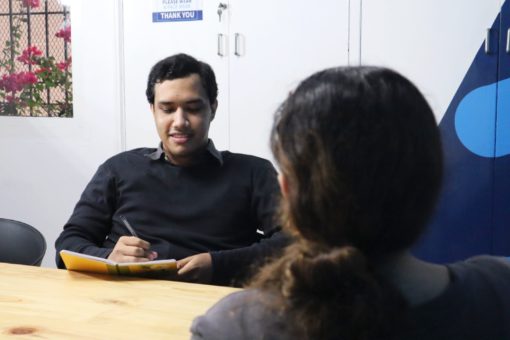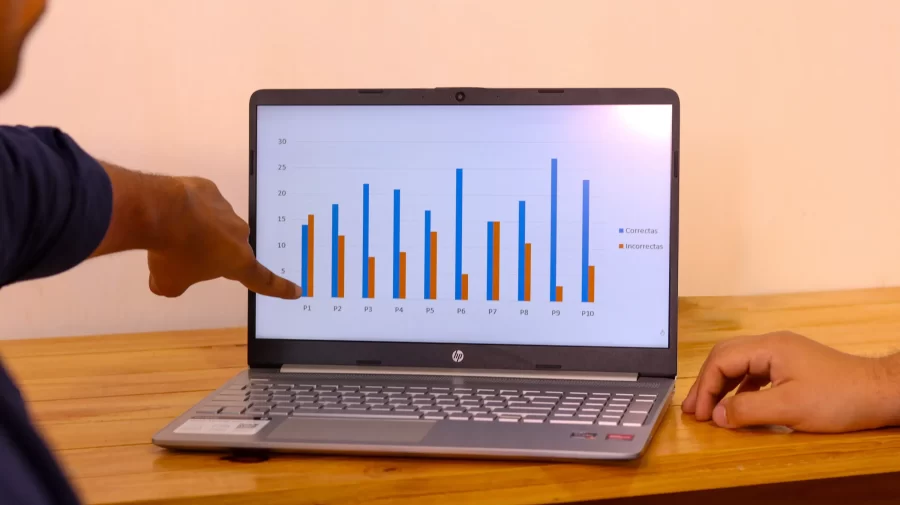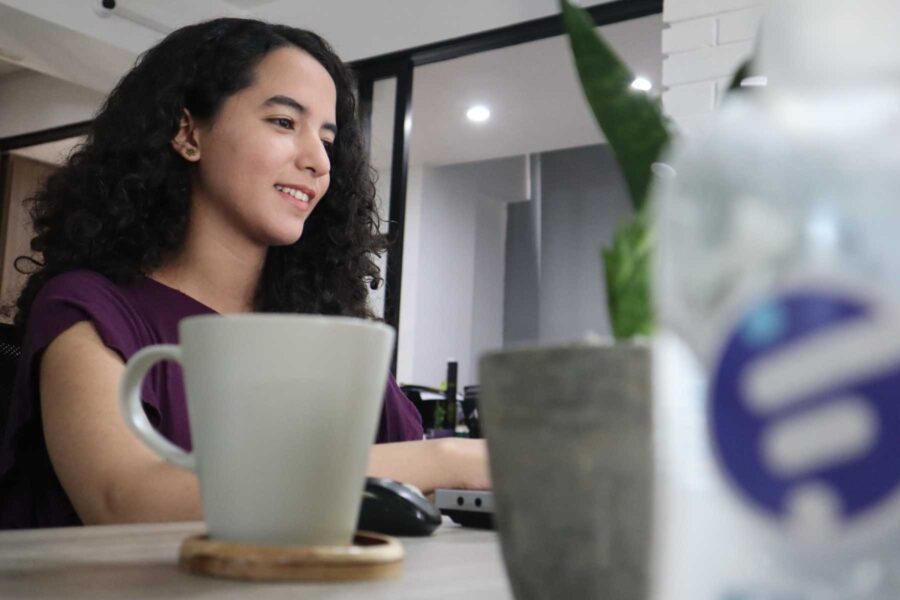Have you ever felt like there’s just too much on your plate? And it gets kind of overwhelming just thinking about all the things you need to get done, the bills to pay, or perhaps the uncertainty of how to achieve your goals during a global pandemic.
Whether it’s a deadline to meet, or worrying about the future, stress and anxiety are part of our days. Ironically, a little stress can be healthy, driving you where you need to go and pushing you forward, so learning how to manage it is essential to transform this obstacle into a power source.

First of all, let’s break down the basics: stress and anxiety are not the same. Stress usually has an external cause or stressor, this response appears often in situations when we feel surpassed by the circumstances around us or we can’t deal with them in the way we normally would.
Anxiety has to do more with intense or persistent worrying thoughts that appear even when there’s no stressor around.
Either way, those two can have you looking at the ceiling all night long, thinking about the pile of work you have on your desk, or staring at the nothingness without being able to catch some sleep.
Anger, irritability, fatigue, and muscular tension are also symptoms, and paradoxically, the anxiousness you feel when you have no time and a ton of work could make it harder for you to concentrate, which might make you feel more anxious because you are not being that productive. So here’s a quick guide to deal with those two…
Stop and Breathe
I know it may sound easier said than done, or like it’s not a new piece of information since you are probably – and hopefully – breathing while you read this article. But when you’re feeling very stressed or anxious, your breathing could go faster and therefore lighter, as a way of compensating for the extra oxygen you might need.
This organic – and most of the time unconscious – coping mechanism, might end up leading you to feel more anxious. So, a simple counteraction like taking a moment to take 5 to 10 deep and slow breaths might be the answer you need to help you decrease your heart rate, providing you with a sense of calmness.
Even though it feels like the world is ending and you can’t make it to survive, most of the time you actually can, right after cooling down to be able to see everything.
Shift Your Focus
In those overwhelming moments, people tend to focus so much on their stressful responses like fast breathing, muscle tension, or intrusive thoughts that they only become harder to regulate.
So, although this won’t extend our deadline nor pay your bills, try to put your entire focus on something else for a moment, anything outside yourself, and describe it in your mind or even verbally, it could be the plants in the kitchen, the sound of the air conditioner or whichever stimuli you prefer since the goal here is for you to snap out the anxiousness cloud your head might be in.
Right after that, you’re more likely to concentrate again on solving the situation or finding a way to cope with whatever is going on.
Take The Time To Socialize
Humans are social beings, even if some of us are introverts; during social interaction, we can discover new things about ourselves, and we might realize that we are not the first nor the only ones to have a particular problem.
Having a group of people that supports you, is a great place to talk through your issues, helps you find ways to solve them, and makes you feel more confident on your way to cope with things.
While interacting with others you can contrast your ideas, see your thoughts from another perspective, and share your feelings, which would help you reduce your stress levels.

Check Your Habits
Believe it or not, your routine can increase your chances of getting caught up in the messy thinking pattern that’s anxiety. So, it’s very helpful that you try to identify your stressors and keep track of them.
Some weeks when you are lacking sleep you may find that your stress levels are higher, or you may realize that drinking too much coffee gets you into an anxious state faster, it’ll depend on your activities and the way your mind and body respond to things.
But, there are some standard habits that you could incorporate into your routine to keep stress and anxiety at a minimum, like exercising, getting enough sleep with a regular schedule, and balanced eating.
Ask for Help
Feeling anxious doesn’t mean that you have an anxiety disorder, but if you ever feel overwhelmed and like your anxiety is interfering with your work life, relationships, or any other aspects of your life, it might be the time to look for some professional guidance.
When your worries and thoughts are causing you significant distress or having an impact on your health, whether it’s getting sick as a somatic response to the emotional state you’re in, or having some kind of panic response, then you should without hesitating look for help.
Mental health is as important as physical, and it is okay if you don’t know how to cope with your anxiety or stress, seeing a psychologist is just like going to the dentist when a tooth hurts, only that you can’t see or touch this tooth cause it’s on your mind. At the end of the day, we are responsible for our well-being, so… what are you going to do to improve yours?
See more articles by Laura Navarro.






